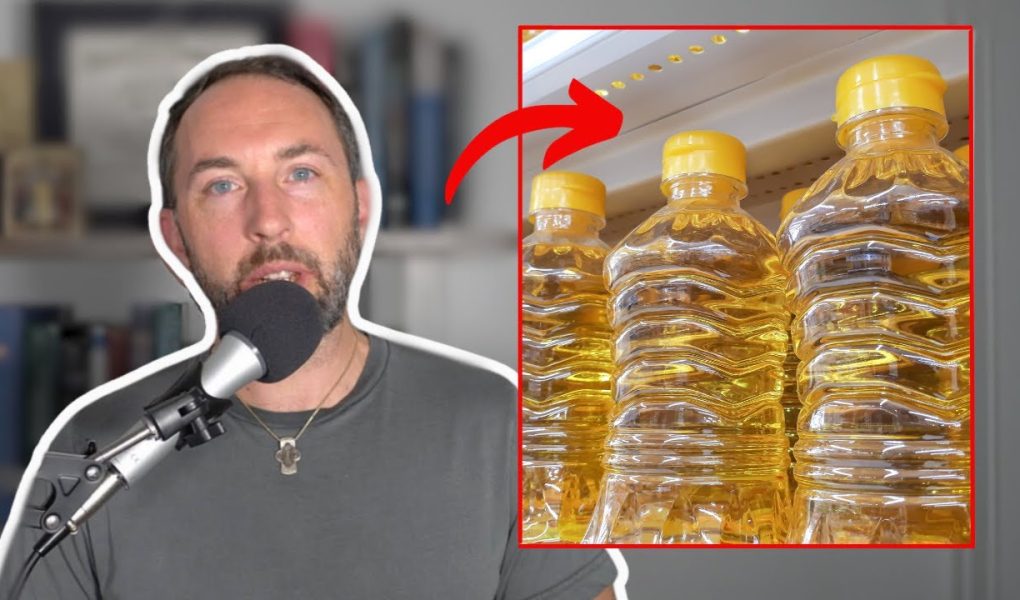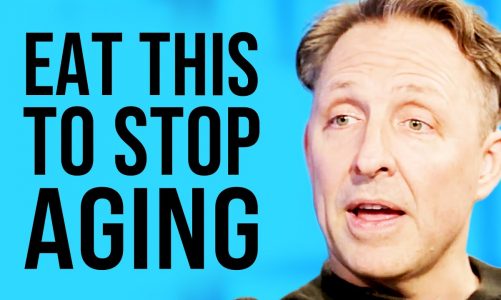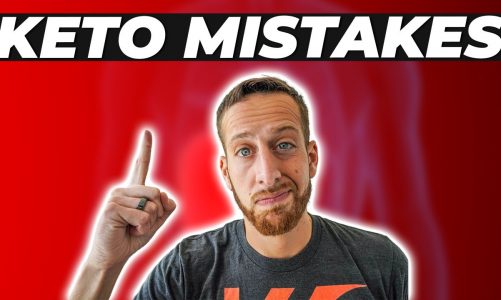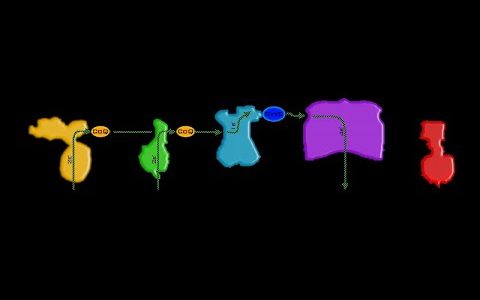Question: What Is the Real Issue With Seed Oils?
Short Answer: The main issue with seed oils is that they present an oxidative liability. They do not acutely cause oxidative stress, but their polyunsaturated fatty acids (PUFAs) are more vulnerable than any other macronutrient to oxidative damage. Oxidative stress can increase because of nutrient deficiencies, toxins, infections, other sources of inflammation, alcohol, or smoking, and it will inevitably increase as a function of aging. As oxidative stress increases, more PUFAs in the tissues mean more damage. At least 0.6 milligrams of vitamin E should be gotten per gram of PUFA in the diet, but vitamin E cannot fully protect against PUFA, so their intake should be moderated to the very low levels needed, as obtained by eating fatty fish once or twice a week, eating eggs daily, and eating 4-8 ounces of liver per week. Additional secondary problems with them include residual solvents and heat damage prior to intake, but the main issue is that we do not want to increase our tissue PUFA content more than needed.
This is a clip from a live Q&A session open to CMJ Masterpass members. In addition to this episode, you can access two other free samples using this link:
https://chrismasterjohnphd.substack.com/p/questions-on-hair-trace-mineral-analysis
In that batch of free episodes you will also find the answer to this question:
Is Hair Mineral Testing Useful?
Is Whole Food Vitamin C Really Different?
If you want to become a Masterpass member so you can participate in the next live Q&A, or so you can have access to the complete recording and transcript of each Q&A session, you can save 10% off the subscription price for as long as you remain a member by using this link to sign up:
https://chrismasterjohnphd.substack.com/qanda
Learn more about the Masterpass here:
https://chrismasterjohnphd.substack.com/about
This snippet is from the June 16, 2023 AMA. The full recording and transcript is reserved for Masterpass members. Here is a preview of what’s included:
*Butyrate for Hashimoto’s? What else?
*What in the comprehensive nutritional screening is helping to interpret lactate/pyruvate and ketone ratios?
*Is the solution to a respiratory chain disorder to take Niagen?
*If I have high manganese on an HTMA, do I need to detox?
*Should CFS patients target reducing their serum BH4?
*What to do about low alkaline phosphatase?
*If my glucose spikes above 140, should I eat fiber and take ACV before the meal, eat cinnamon with the meal, chew slowly, and move for ten minutes after my meals?
*Difficulty getting Quest to do the lactate/pyruvate ratio correctly.
*Is 38 milligrams of niacinamide enough to rule out niacin deficiency as a cause of low NAD+?
*How does optimizing body composition help optimize energy metabolism? Can impaired energy metabolism make someone fatter?
*Is monounsaturated fat the best fat?
*Manganese followup.
*Do you need to stop taking biotin before a biotin test?
*What in “a bunch of supplements” flip the lactate/pyruvate ratio from high to low?
*NAD infusions, yay or nay?
*Why do I feel better after a warm shower, even better than after sunshine?
*Should I cut back on vitamin A if I have toxicity symptoms but cutting back makes me get sick?
*Do home blood drop tests have to be pricked at the finger?
Is it true that my boyfriend was just born a night owl?
*How much eating out is too much?
*When measuring ketones, lactate, and glucose at home to optimize energy metabolism, what time of day should we take the measurements?
Here’s a link to the full AMA: https://chrismasterjohnphd.substack.com/p/recording-and-transcript-of-the-june-a55
source




Seinfeld
I didn’t realize you had an entire course on oxidants!
That was super informative ???? for the algorithm.
i followed the ray peat diet for quite some time and developed really poor skin that was only fixed by consuming walnuts so there must be something to consuming whole nuts vs the processed seed oil.
18:51 tow · kow · feh · ruhl
17:30 In a study looking at red blood cells in humans the vit E amount needed to protect them / avoid extra losses by pufa intake,
was closer to 2x the pufa intake as mgs vit E
(Less than the 100s of IUs found in supplements which seems excessive)
Hospital diet providing 8mg – 12mg a tocopherol and 4g – 7g PUFA was on the boderline of adequacy
4mg vit e with 9g PUFA = vit e levels lowered and red blood cell destruction increased 20%
20mg with 9 grams pufa restored levels from deficiency (15mg didn't)
Are there any good human RCTs showing conclusive evidence of the damage seed oils cause as outlined here? The oxidative mechanism proposed makes sense, but is there actual outcome data showing seed oils damage health when following a healthy omnivorous diet in real world context? And if so, how do we quantify the damage? Would be nice to see something demonstrating a hazard ratio.
I've never seen anything compelling in the literature, but am open minded to the idea. The only clear outcome data I've seen is the reduced risk of ASCVD when saturated fat is replaced by equal amounts of mono/polyunsaturated fats.
Thanks for this, as promised! ????
Meanwhile in actual studies inflamation either goes down with seed oil consumption or is not affected by it so where is the evidence that actually back these claims? Eating eggs daily increases both the risk of cancer and heart disease at least according to one recent study: "Egg and cholesterol consumption and mortality from cardiovascular and different causes in the United States: A population-based cohort study" so I don't know why one would wish to intentionally increase their eggs consumption.
And saturated fat directly causes insulin resistance and raises cholesterol so it's not a healthy option to PUFA's either.
Google Tucker Goodrich.
You're amazing, nowhere else on the web we can find such detailled information.
I'm sooo glad I found your channel
What about mead-acid? Is that bad too?
Is wheat germ oil always comes oxidized/rancid?
I blame PUFAs for my rare lung cancer that got diagnosed in my early 40s. I had learned about PUFA dangers a couple years ago and was turning the ship around, but I believe the damage was done.
Sunflowers are seeds, correct? High oleic sunflower oil has almost no PUFA. Does that still have "oxidative liability?'
Chris, all this mechanistic data is nice and all, but Dr. Layne Norton points out plenty of outcome research that seems to fly in the face of all of what you claim here.
Chris do you have and idea why someone would be super sensitive to choline? By that i mean distraced and overstimulated after eating egg yolks or liver or suplementing with it? Basicly i had always memory and focus problems and everyone is talking about huge imapct of choline in that but i cant tolerate it
How do we get our daily omega 3 & 6 then without PUFAs?
Enlightening. ????
Please elaborate on AGEnd products. What is the best way to lower them? Is ACE1 test enough? Apart from the cooking methods what are your recommendations? ????
Thanks Doc. I first heard about the carbon in between the double bonds being vulnerable years ago but forgot to save the video, now i have confirmation.
Hey doc. Do you have a video on st john wort? Its miracolous for me
what are your thoughts on consuming ground flax seed.. it's not the same as taking straight seed oil, but it will contain some.
Amazing information! This explains why PUFA is so bad amazingly well. I've been using grassfed Ghee and Talow for cooking for a while now and hopefully slowly getting rid of PUFA from my body.
Send this video to the puppets like layne norton, rhonda patrick, physionics, nuyrition made simpler.
I trust the real scientist like Dr chris masterjohn not the other research puppets
How does this apply to seeds like Chia Seeds, Hemp seeds, Pumpkin seeds, Sesame seeds, Sunflower seeds if you're consuming them either raw, roasted or as butters?
The iom report I could find is 20 years old, but seemingly nothing in the recent literature changes anything much…